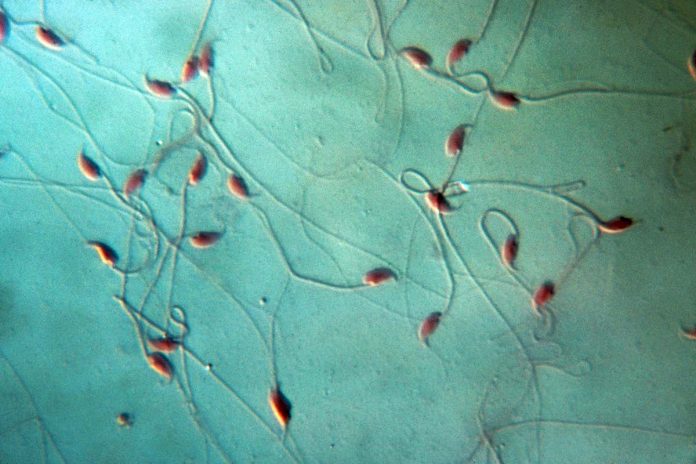
Science History Images/Alamy
Sperm have one goal – to reach the egg and fertilise it – and it seems that some mouse sperm cells carrying a certain genetic mutation may boost their chances of doing so by sabotaging their rivals.
Bernhard Herrmann at the Max Planck Institute for Molecular Genetics in Berlin, Germany, and his colleagues analysed sperm samples from mice. They found that sperm from some mice, carrying a genetic variant called the t haplotype, move faster and swim in straight lines. Other sperm without this variant from the same mice swim less productively, often moving slower and in circles.
Previous research has shown that mice with two copies the t haplotype genetic variant are more likely to be infertile, but this new study suggests that males with one copy of the genetic variant produce these t haplotype sperm cells that are more motile than those without.
Advertisement
This t haplotype genetic variant is a “selfish” genetic element, because it can increase its likelihood of being passed on to offspring to higher than the usual odds of 50 per cent, and now Hermann and his team have figured out how these sperm gain their advantage.
The sperm cells carrying one t haplotype variant produce certain molecules that are able to disturb other sperm cells. The gene variants make it difficult for the rival sperm cells to interact with their environment, blocking various cell signalling molecules that normally provide the sperm with a sense of direction. Although the t haplotype sperm cells were more motile as a result of this competitive edge, the researchers did not test their ability to fertilise an egg.
The team also found a link between sperm success and an important protein in the body called RAC1, which plays a role in general cell movement and directs the sperm cell towards the egg. The levels of RAC1 in the body have to be just right – too high or too low and the sperm cells won’t move straight.
“Sperm immotility is a big deal in male infertility,” says Herrmann. Investigating the levels of this protein in human samples could help to develop treatments for infertility in men, he says.
Journal reference: PLOS Genetics, DOI: 10.1371/journal.pgen.1009308
Sign up to our free Health Check newsletter for a round-up of all the health and fitness news you need to know, every Saturday
More on these topics:











